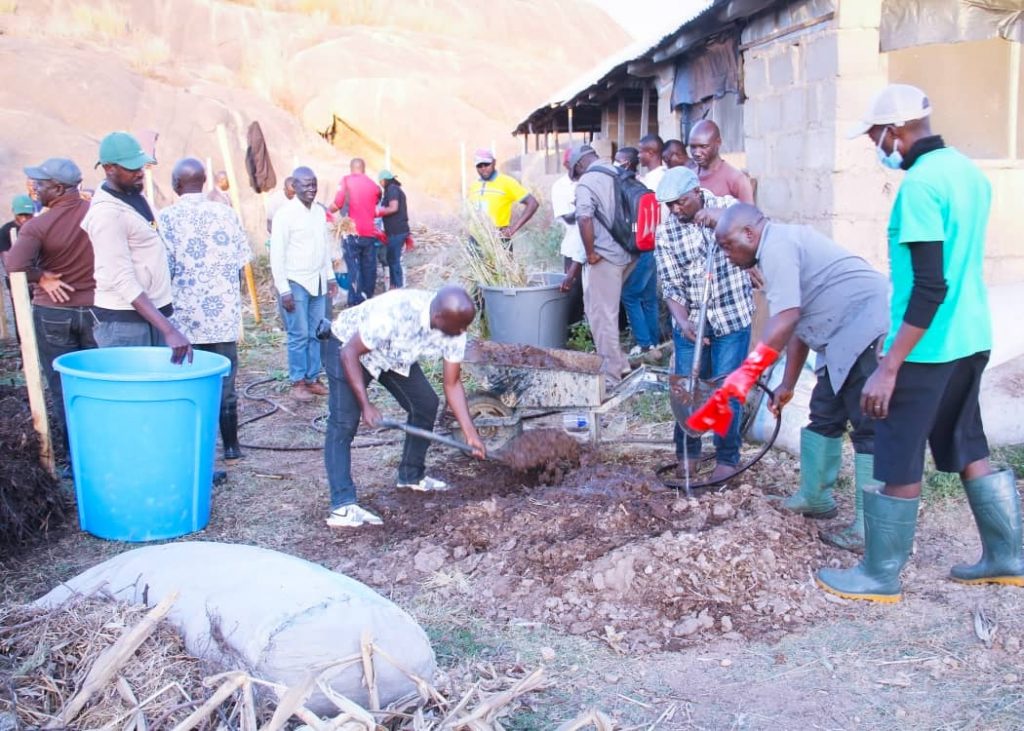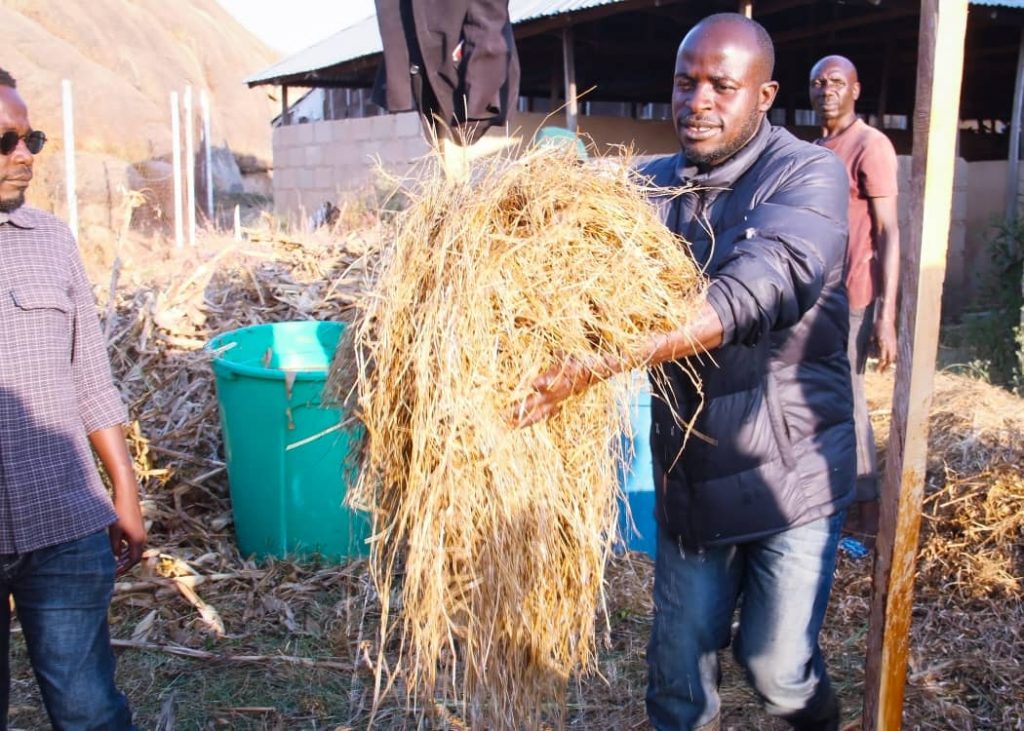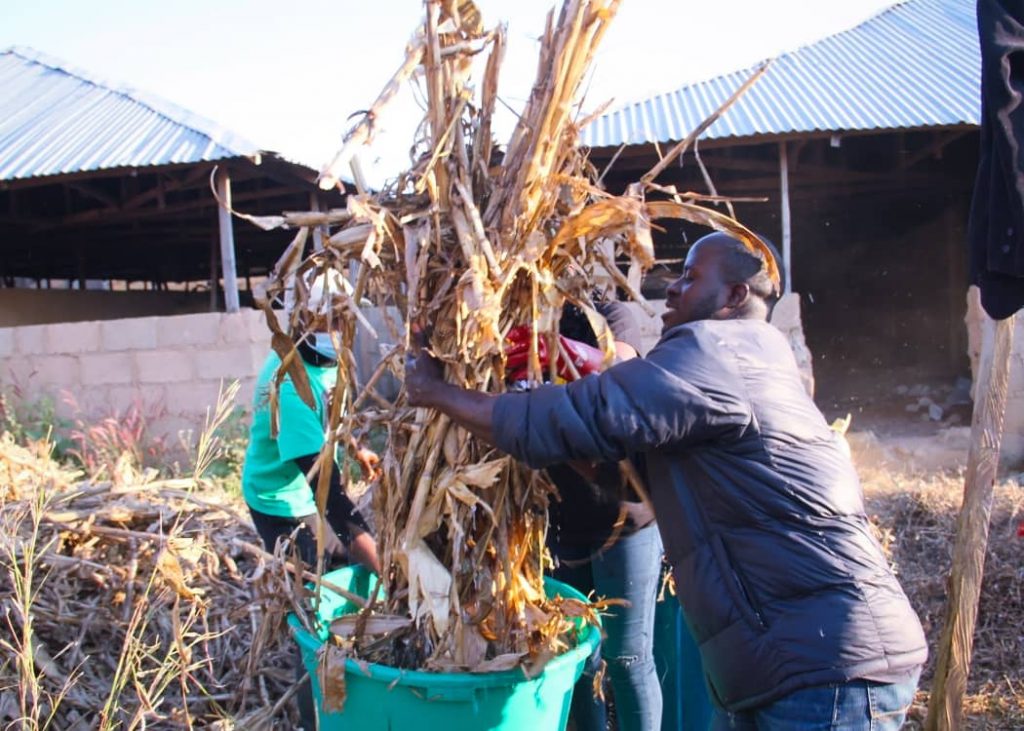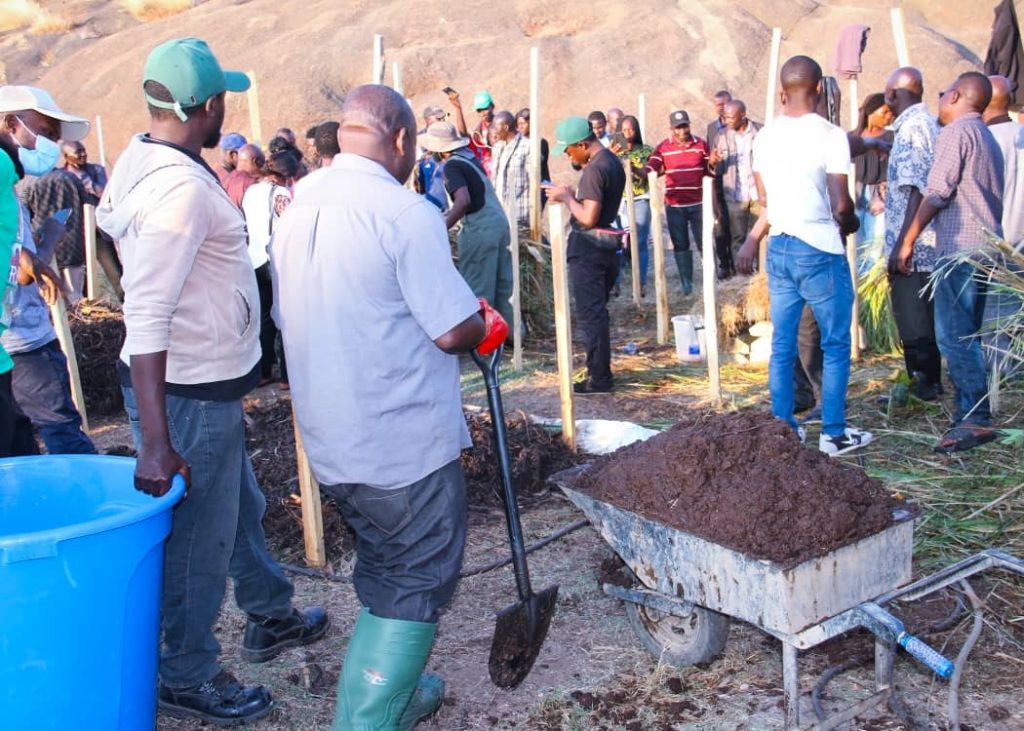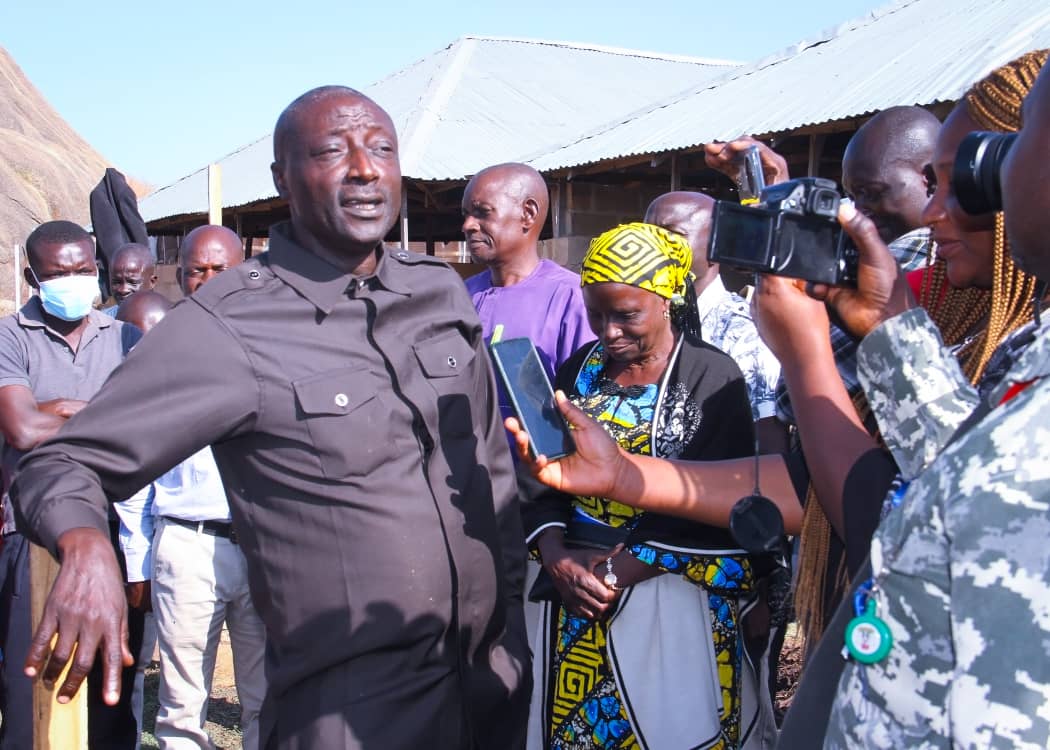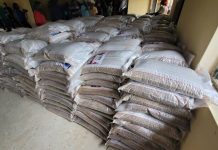Following his donation of 1,000 bags of 25kg Golden fertilizer to farmers in early July, Rt. Hon. Fom Dalyop Gwottson, former Deputy Speaker of Plateau State, has taken his commitment to agricultural development to the next level by sponsoring a groundbreaking training program for over 80 stakeholder farmers in Jos South Local Government Area.
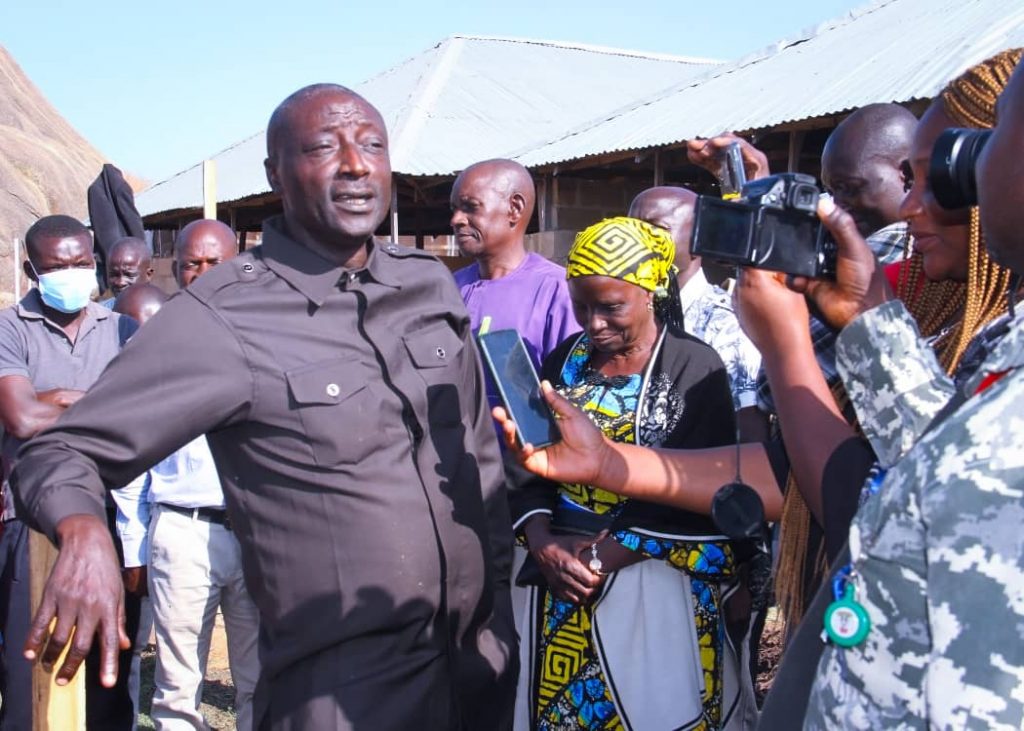
Hon. Gwottson shared his personal experience with the training, having received and put it to practice, citing remarkable results.
“As a commercial farmer, I stopped farming maize years ago due to consistent losses. However, after discovering this organization’s efficient methods, I experimented and saw the impact firsthand. So I decided to sponsor this training to empower our local farmers,” he said.
The training, facilitated by DECAPOLIS Community Development Center in partnership with Equipping Farmers International, combined lecture sessions with hands-on field practicals. Participants were grouped into smaller teams to put their newfound knowledge into practice.
The chief trainer, Mr. Raphael John, highlighted the key areas of focus:
- Zero Tillage: Preserving soil health and reducing erosion
- Minimum Soil Disturbance: Promoting eco-friendly farming practices
- Composting: Harnessing organic waste for nutrient-rich fertilizers
- Chicken Guano Utilization: Maximizing poultry waste for agricultural benefits.
Mr. Raphael added that DECAPOLIS Community Development Center will continue to mentor and monitor the trainees as they put their new skills into practice.
Mrs. Polina Pwajok, a respected women leader, expressed gratitude, saying, “This training has transformed my farming approach and taught me ways to save money while maximizing space and getting way better harvests in farming. I learned so much and will ensure other women in my community benefit from this knowledge.”
Mr. Simon Choji Banga, another beneficiary, described the training as “enlightening and life-changing,” adding, “I assumed this training was going to be similar to other trainings I’ve gone through in the past, but I am pleasantly surprised that it is very different and enriching. This will improve our agricultural practices, reduce costs, and achieve better yields and harvests. I’ve never experienced anything like it.”
The training featured hours of lectures and hours of practicals in the fields, and participants received training materials to guide them on their journeys.
